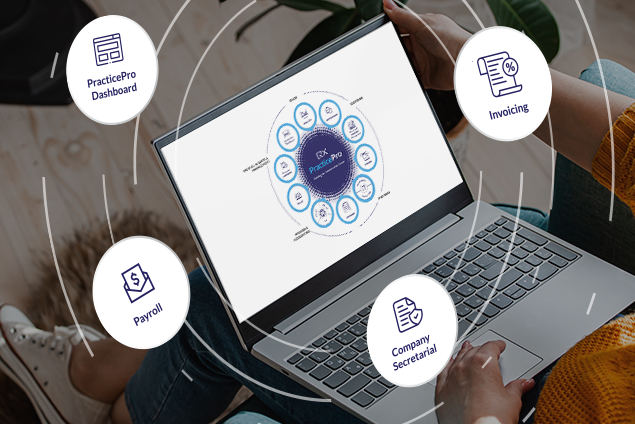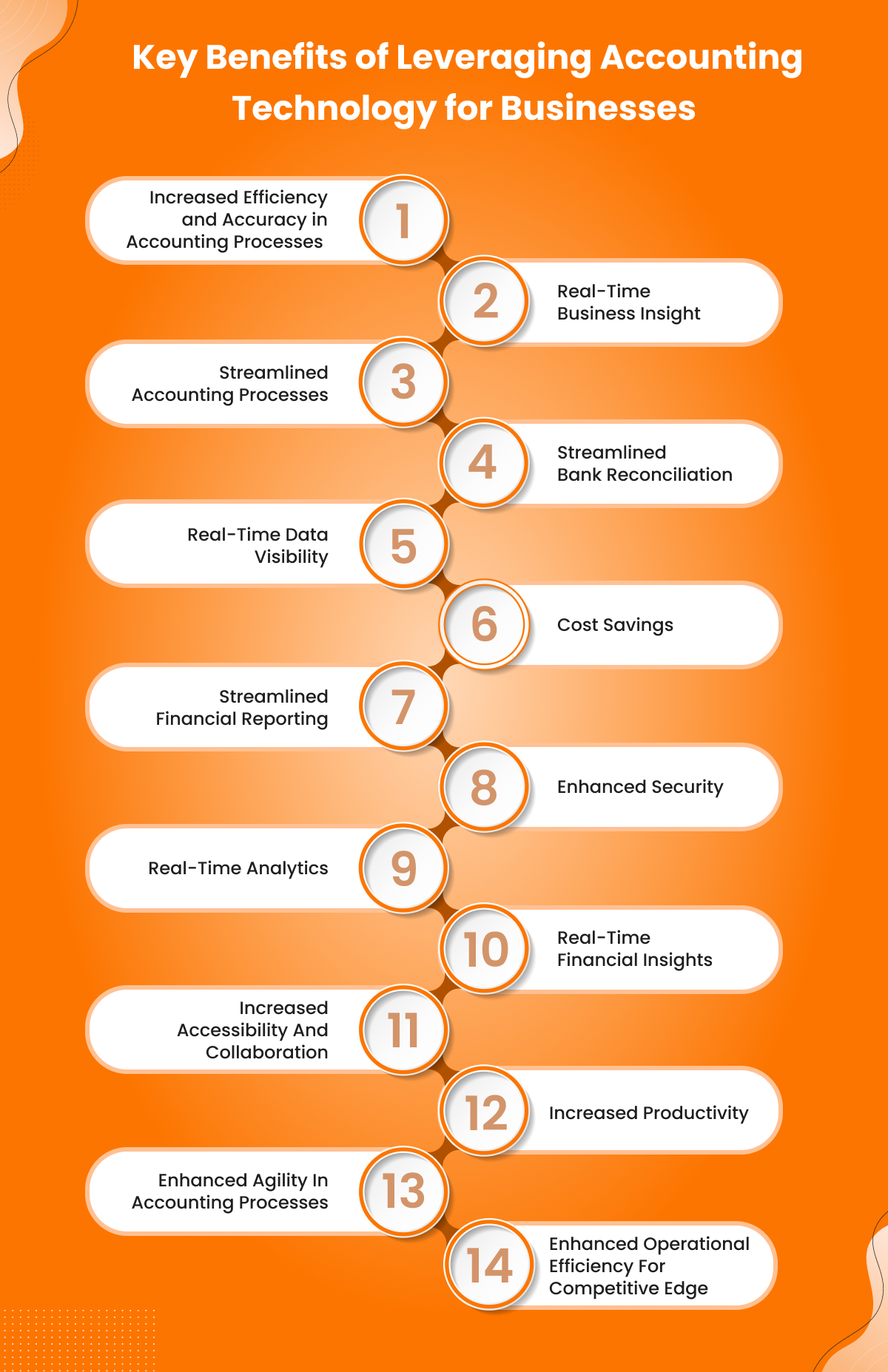Leading Fads Shaping the Future of Accounting Practices
As the audit industry proceeds to progress, numerous critical patterns are arising that promise to redefine conventional techniques. The integration of expert system, the emphasis on automation, and shifts in the direction of remote job are improving the landscape, while sustainability initiatives and boosted data analytics are driving new requirements of accountability. Each of these elements not only improves performance but also positions accountants in more strategic functions. What stays to be seen is how these advancements will affect the honest considerations and functional frameworks within the occupation.
Rise of Expert System
The rise of artificial knowledge (AI) in audit techniques notes a substantial shift in the industry, driven by the requirement for higher performance and accuracy. AI technologies are increasingly being integrated right into accountancy software application, enabling companies to automate regular tasks such as information entrance, invoice processing, and financial reporting. This makeover enables accountants to concentrate on higher-value activities, such as calculated planning and advisory solutions.
Furthermore, AI enhances the accuracy of monetary analyses by lessening human error and improving information honesty. Artificial intelligence algorithms can assess large quantities of data to recognize patterns and patterns, giving understandings that were previously unattainable. This ability not just enhances decision-making but likewise allows for real-time monetary monitoring.
The execution of AI in accountancy additionally promotes boosted compliance with regulative criteria, as AI systems can be set to flag discrepancies and guarantee adherence to financial policies. As firms accept these innovations, the duty of accountants is progressing from conventional accounting to coming to be tactical companions within companies, equipped with advanced analytical abilities. In general, the increase of AI in audit is redefining the profession, leading the way for an extra ingenious and responsive monetary landscape.
Focus on Automation
Just how can automation reshape the bookkeeping landscape? The assimilation of automation into bookkeeping techniques is basically altering just how economic information is processed, assessed, and reported. By enhancing repeated jobs such as information entrance, settlement, and invoicing, automation allows accountants to focus on higher-value activities, such as tactical decision-making and consultatory services.
The fostering of automation technologies, including robotic procedure automation (RPA) and cloud-based remedies, boosts accuracy and minimizes the probability of human error. Real-time data processing encourages organizations with timely insights, enabling even more proactive monetary monitoring. Automated systems assist in compliance by making sure that regulations are continually satisfied through integrated controls and audit routes.

Remote Job Makeover
As automation improves standard accountancy techniques, the rise of remote work is additional changing the landscape of the occupation. The COVID-19 pandemic sped up a change in the direction of flexible job setups, compelling audit firms to embrace new technologies and communication devices to keep efficiency and client involvement. This shift has actually allowed firms to access a broader ability pool, as geographical restraints decrease.
Remote job has additionally prompted a reevaluation of process and the application of cloud-based remedies. These innovations assist in real-time partnership, making it possible for teams to work effortlessly across different areas. Because Read Full Article of this, accounting professionals can provide solutions more successfully and react to customer needs much faster.
Additionally, the emphasis on remote job has driven a social shift within organizations, highlighting work-life equilibrium and staff member wellness (Succentrix can help you start an accounting practice). Firms that welcome this modification are likely to bring in and keep leading talent, fostering a setting of technology and flexibility
However, the remote job design also presents challenges, such as preserving data protection and guaranteeing conformity with regulative criteria. As the accounting occupation proceeds to advance, firms should browse these intricacies while maximizing the advantages of remote job, eventually causing a more durable and active sector.
Sustainability in Accountancy

The emergence of sustainability accounting standards, such as the Worldwide Coverage Initiative (GRI) and the Sustainability Bookkeeping Specification Board (SASB), has provided structures that direct companies in measuring and divulging their ESG performance. This not only improves credibility yet also promotes trust amongst financiers and consumers that focus on lasting methods.
Furthermore, companies are progressively taking on incorporated coverage, which combines economic and non-financial data to offer an all natural sight of business performance (Succentrix can help you start an accounting practice). This strategy makes it possible for stakeholders to evaluate the lasting stability of a firm, lining up economic success with sustainable methods
As audit experts accept sustainability, they play a pivotal duty fit business technique, fostering advancement, and advertising responsibility. Eventually, sustainability in audit is not simply a trend; it is a crucial component of modern-day service method that drives strength and long-term success.
Boosted Information Analytics
The expanding focus on sustainability in accounting has actually paved the way for improved data analytics, which is transforming just how companies take care of and translate economic details. Succentrix can help you start an accounting practice. By leveraging advanced logical tools, companies can now look via huge quantities of data to draw out understandings that drive calculated decision-making and enhance functional performance
Boosted data analytics permits accounting professionals to relocate past typical coverage methods, offering real-time data visualization and predictive analytics that facilitate aggressive management of financial health and wellness. This shift not only sustains better compliance with sustainability laws but additionally straightens with stakeholder needs for openness and liability.


As bookkeeping methods develop, the function of information analytics will be essential in cultivating a more lasting and resilient economic setting. Organizations that welcome these innovations will certainly obtain an affordable edge, positioning themselves as forward-thinking leaders in the sector.
Conclusion
In final thought, the future of accountancy techniques is being substantially influenced by innovations in man-made knowledge, automation, remote job, sustainability, and improved information analytics. The recurring integration of these elements will certainly specify the accountancy occupation's trajectory.